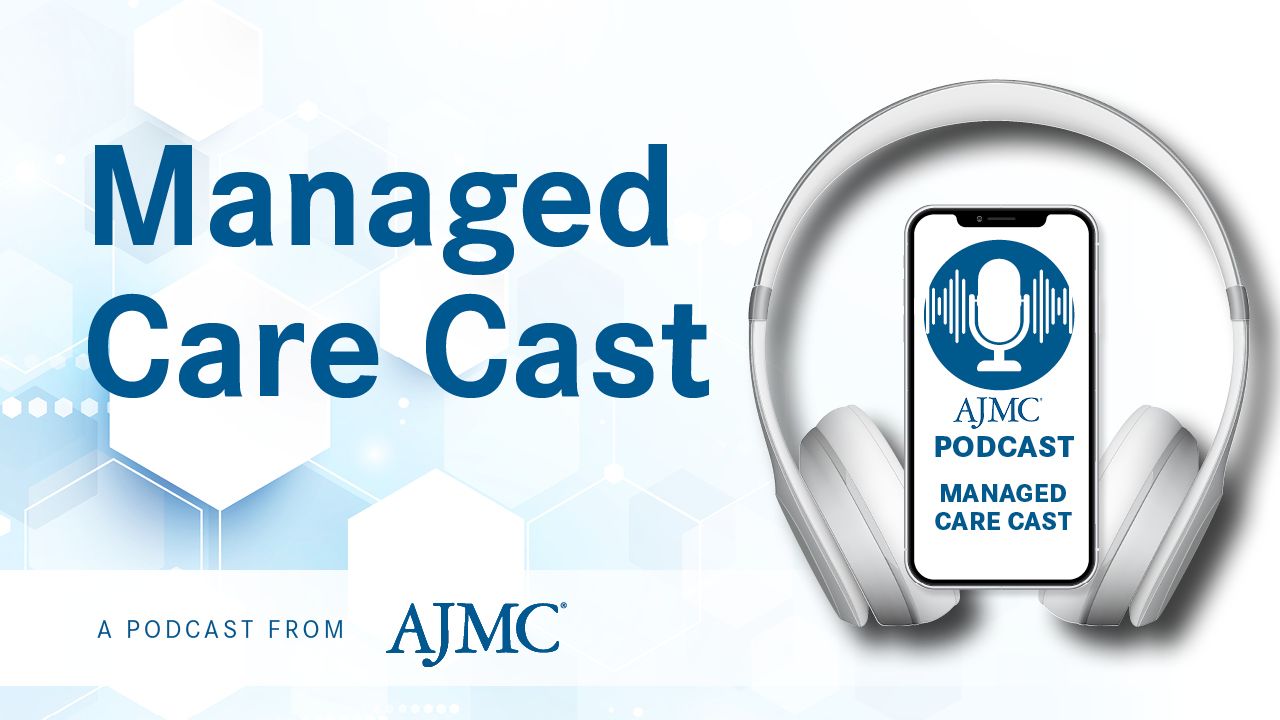Video
Dr Ian Neeland Describes Physiologic Effects of SGLT2 Inhibitors on Sleep Apnea
Ian J. Neeland, MD, FACC, FAHA, is co-director of the Center for Integrated and Novel Approaches in Vascular-Metabolic Disease for University Hospitals Harrington Heart & Vascular Institute and director of the UH Center for Cardiovascular Prevention, in the Cleveland, Ohio, area. Here, he explains how sodium-glucose co-transporter 2 (SGLT2) inhibitors can treat metabolic physiologic effects of sleep apnea.
Transcript
It has been several years since the first studies showed GLP1-receptor agonists and sodium-glucose co-transporter 2 (SGLT2) inhibitors can reduce cardiovascular events. What have we learned about the mechanisms of action of these drugs that makes them useful for multiple purposes?
There are many physiologic effects of SGLT2 inhibitors, both in the heart as well as the kidney. SGLT2 inhibition can improve glycemic control, high blood pressure–it can alter obesity or hypotoxicity, potentially inflammation, hypoxia, and fibrosis.
As we're learning more about these different effects of these medications, sleep deficiency, which is a metabolic problem often—not just related to an atomic dysfunction the way your anatomy is, [such as] thick neck or fat deposition of the neck that crowds out the airway—but also there's metabolic or non-anatomic physiologic traits of sleep apnea that SGLT2 inhibition actually might influence–these non-anatomic metabolic traits.
SGLT2 inhibition, in a sense, actually can attack both the anatomic problem–like the fat deposition, decrease the adiposity in the neck and in the gut—as well as potentially improve the metabolism in the patient to actually treat sleep deficiency from both ends.





